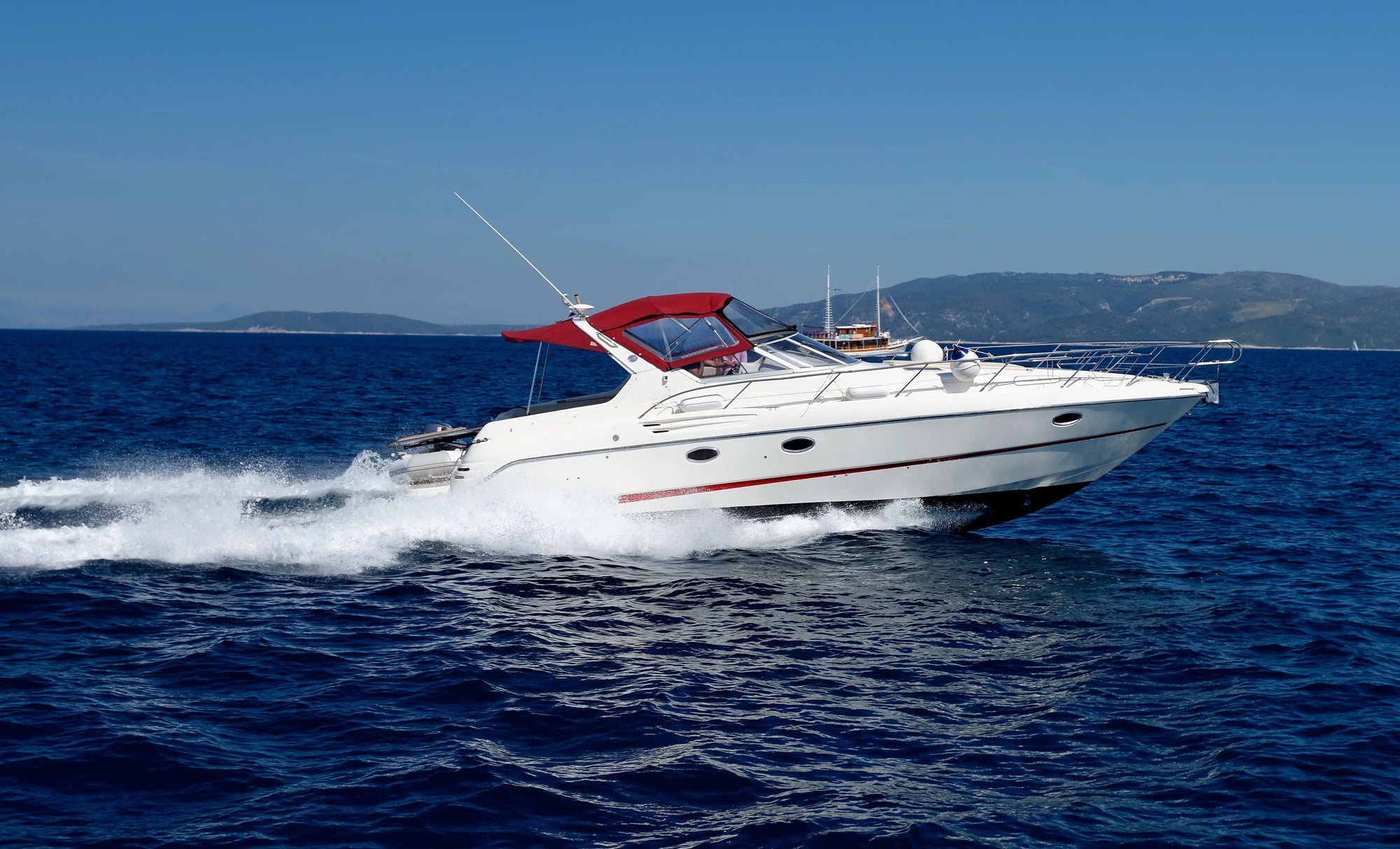Why You Should Use a Marine Fuel Stabilizer in Your Boat
Should you use marine fuel additives? It's a good idea. A quality marine fuel stabilizer will keep your boat running well. It also helps ensure reliable starts throughout the year. If you own a boat or personal watercraft, you may have experienced problems due to pump gasoline. This is true for both diesel and gas engines.
A boat that doesn’t start or run well will spoil a weekend outing. Do you want to be stranded on the water or spend a weekend vacation repairing your boat? If not, spend a few dollars on a good boat fuel additive, such as a marine fuel stabilizer. It will save you money and headaches down the road.
Marine Diesel Engines
Microbial growth, also known as a biological layer, is an issue for diesel marine engines. The layer occurs between the fuel and the water that collects at the bottom of the fuel tank. If tank contents are disturbed, the microbial biomass becomes suspended in the fuel. This can happen when filling your fuel tank, for example. This leads to many issues; plugged fuel filters, blocked fuel lines, fouled fuel injectors, and engine damage.
The best way to deal with this is to get the water out of the tank. But you should also treat the microbial growth by adding a biocide to kill the growing layer.
If your boat runs on diesel, use a high-quality diesel additive. Diesel All-In-One™ is a complete fuel conditioner. It cleans injectors and pumps, boosts cetane, and replaces lost lubrication. It also disperses water, protecting the diesel fuel tank from rust and corrosion.

Why a Marine Fuel Stabilizer is Crucial for Gas-Powered Boats
Watercraft that runs on gasoline have a different issue. The primary concern is the ethanol that’s blended with pump gas. Some marinas and gas stations carry ethanol-free gasoline - most do not.
Ethanol causes problems in starting and performance, resulting in long-term maintenance expenses. Why is this? Ethanol is hygroscopic. In other words, it pulls the moisture out of the surrounding air inside your fuel tank. When enough water collects in the tank, a process known as phase separation takes place. It doesn’t take much water to cause phase separation.
Phase separation occurs when ethanol bonds with water and separates from gasoline. The ethanol/water cocktail settles to the bottom of the tank. Moreover, phase separation takes the octane with it. When the mixture burns through the engine, it can cause significant damage. It can also interfere with lubricants.
A few years ago, Boating Magazine tested a gallon of E10 gasoline (10% ethanol). They found that the tested fuel turned into about three ounces of water/ethanol and 61 ounces of unusable 77-octane gasoline. So, a 100-gallon fuel tank would have contained 1/2-gallon of ethanol sludge based on the test results.
Another thing to consider is pump gas breaks down and degrades in as little as 90 days. To put it another way, the chemical properties of the fuel change as it sits in your tank, resulting in deposit formation in the gas. Also, ethanol is a solvent, which is bad for fuel systems. It causes the degradation of plastic, rubber, and other fuel system components. This is where a good fuel stabilizer for boats comes into play.
What Is the Best Fuel Stabilizer for Boats?
We already said to use a marine fuel stabilizer if you own a gas-powered boat or other watercraft. It will protect your fuel system against the harmful effects of ethanol.
But what is the best fuel stabilizer for boats? Many prevent the formation of gums and varnish. They also lessen the effects of phase separation. Be sure to look for one that includes lubrication to protect parts and prevent corrosion. A good stabilizer will retard phase separation while keeping small amounts of water in suspension.
If you're interested, check out this article by Boating Magazine. It outlines a simple way to test your fuel for water contamination in case you’re worried there might be an issue.

VP Ultra Marine Fuel Stabilizer
VP Racing Fuels has applied 50 years of fuel science to produce Ultra Marine™ Fuel Stabilizer & Cleaner.
It's a fuel additive that protects your boat and keeps your engine running like new.
Ultra Marine is more than a gas stabilizer for boats and other watercraft. It features a MIL-SPEC all-metal anti-corrosive package, a detergent package, and a strong phase separator inhibitor, which stops ethanol issues while keeping fuel fresh.
If you’re an owner or operator of a marina, Ultra Marine is a terrific and easy way to increase your margins. Simply buy it in bulk and mix in into your pump gas.
Use Ultra Marine for gas engines and Diesel All-In-One for diesel engines. It’s a small investment, will protect your expensive watercraft, and guarantee fun days on the water for years to come.

